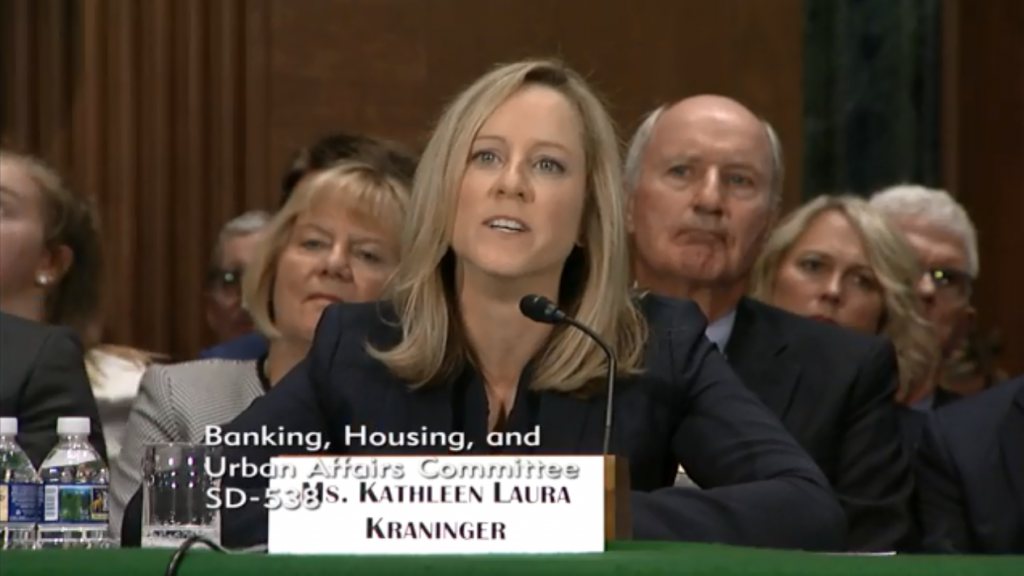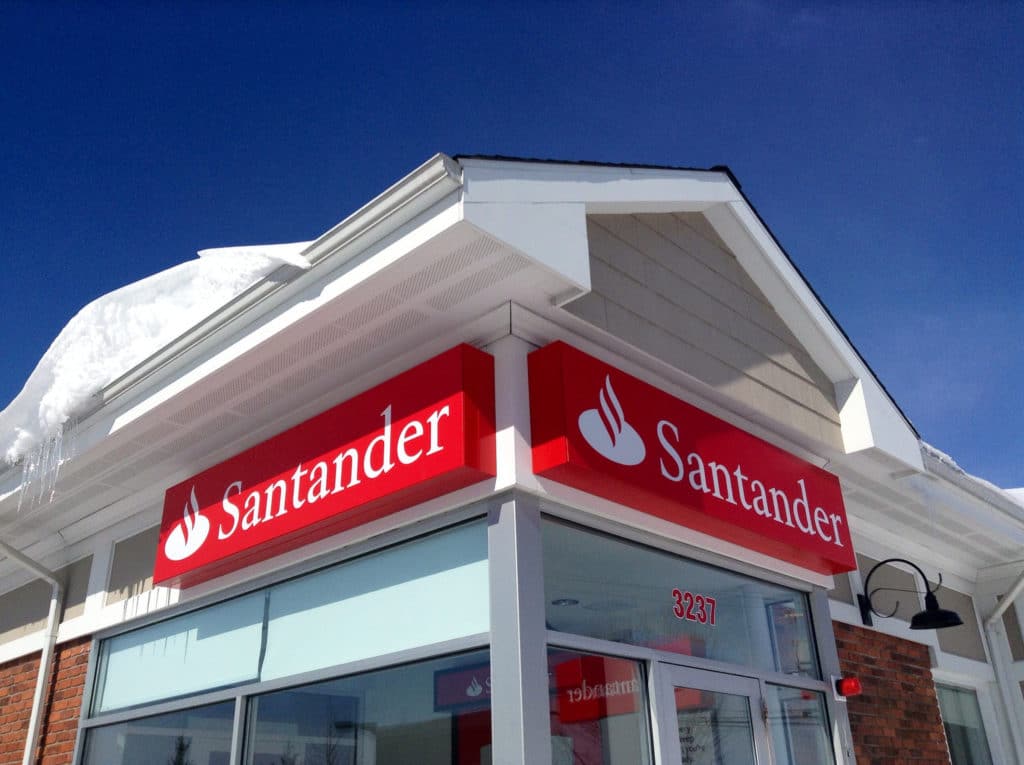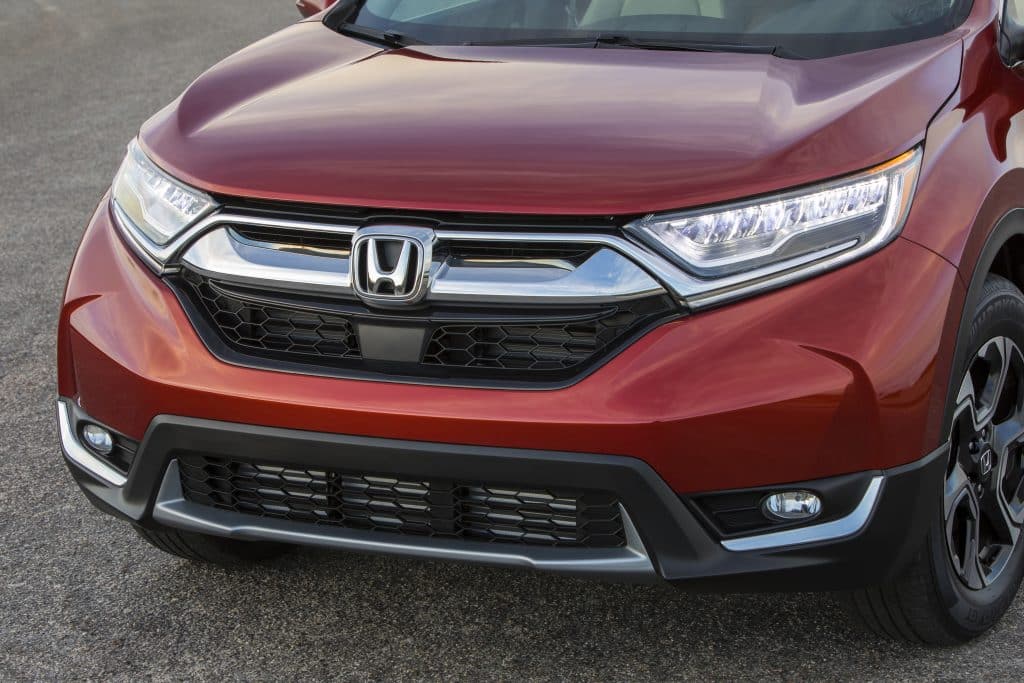Kathy Kraninger moved one step closer to securing a spot as the next permanent director of the Consumer Financial Protection Bureau today with the approval of the Senate Banking Committee along a party-line vote 13-12.
She still faces a vote from the full Senate body, but it’s unclear if she will be called before the chamber ahead of the midterms. Should her vote be pushed to the next Congress, President Donald Trump would have to renominate her or someone else to fill the spot.
Senator Mike Crapo, R-Idaho, in a statement noted her public service experience as an advisor to former Treasury secretaries and her current role as associate director in the Office of Management and Budget. Meanwhile, Senator Sherrod Brown, D-Ohio, finds her finance experience lacking.
“She has no relevant experience in finance or consumer protection, and has refused to answer questions about her record or intentions,” Brown wrote in a statement. “What she has told us is that she won’t be an independent advocate for American consumers — the entire job she is supposed to do.”
Still, Crapo reiterated his confidence that she will expand access to credit.
“During her nomination hearing, she committed to focusing on strong standards of conduct, increased transparency, sound risk management practices, and eliminating waste, fraud, and abuse,” he said.
Mick Mulvaney is currently the acting director of the consumer watchdog agency and this month made the decision to stop all supervisory exams with regard to the Military Lending Act. Kraninger indicated during her hearing earlier this year that she would be in favor of more stringent financial protections for military servicemembers. However, the White House and Department of Defense have since lifted some of the restrictions designed to protect military members from predatory loan products.









